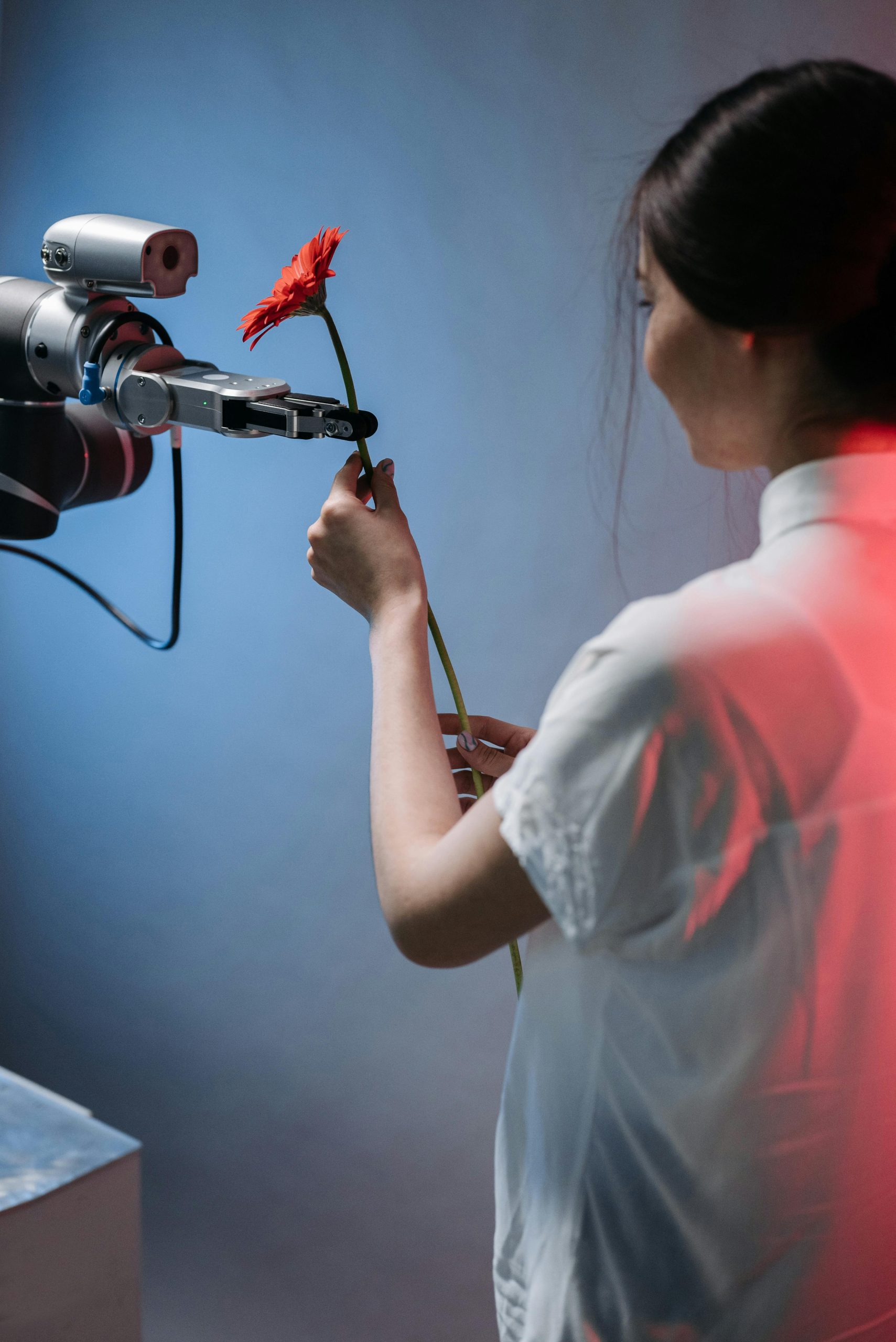The Silent Shift: Why Aren’t We Seeing Protests Against Job Displacement by AI?
In recent years, the incredible advancements in artificial intelligence and self-service technology have commenced transforming the workforce landscape. As automation increasingly takes over tasks traditionally performed by human workers, one might expect to see widespread demonstrations and public outcry in response. Surprisingly, though, active protests against this shift seem to be scant.
This raises an intriguing question: Why aren’t more people voicing their concerns about the potential loss of jobs due to AI?
One possibility is that the conversation around technological advancement and employment has not captured the public’s attention in the same way previous labor movements have. Many individuals may feel overwhelmed or uncertain about how to respond to such a complex issue. Furthermore, it’s essential to consider that AI and automation can augment human capabilities, leading some workers to view these technologies as tools for enhancing productivity rather than threats to their jobs.
Another contributing factor could be the perception of inevitability regarding technological progress. People tend to adapt to change over time, often focusing on the benefits rather than the drawbacks. This mindset can lead to a sense of resignation that significant job displacement is simply a natural evolution of the workforce.
Moreover, societal dialogue often emphasizes the opportunities that AI can create alongside the risks. For instance, the potential for new job types that require different skill sets can create optimism about the future of work, leading some individuals to believe that protests may be counterproductive.
Yet, as automation and AI continue to reshape industries, it’s crucial for us to engage in conversations about the implications these changes have for the workforce. Advocacy for education and training in new technologies is vital, as is discussing policies that may support those displaced by technological advances.
In conclusion, while it’s understandable that protests may not be as prevalent as one might expect, it is essential to foster an ongoing dialogue about the impact of AI on employment. By raising awareness and encouraging proactive measures, we can better navigate this transformative era and ensure a balanced future for work in an increasingly automated world.



